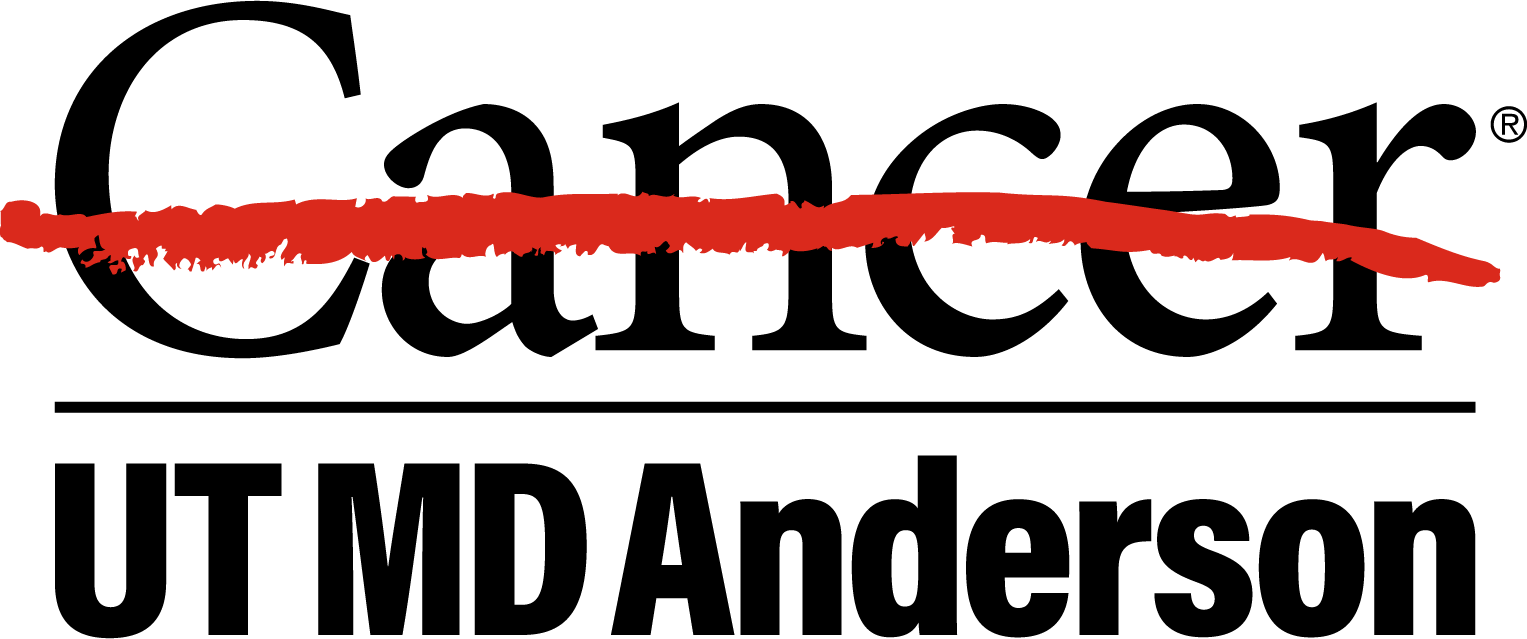From vitamin A to calcium to folate to zinc, there are dozens of types of supplements. And if you’re undergoing cancer treatment, you may be wondering if supplements are right for you.
Although there can be benefits to taking supplements, there are also risks. We spoke with Gabriel Lopez, M.D., medical director of MD Anderson’s Integrative Medicine Center, to better understand these products and what cancer patients should know.
Here’s what he shared.
What are supplements? And can you tell us about the different types of supplements?
Supplements are a liquid or pill concentrate of vitamins, herbs, minerals or specific nutrients (such as protein) that can be consumed to support your health.
Multivitamin supplements are a combination of vitamins, minerals and other ingredients taken in pill form. They’re meant to increase nutrients in your diet.
Herbal supplements, which are made from plants, are typically used for their medicinal or therapeutic properties. They often come in the form of tea, fresh or dried plants, liquid extracts or powders.
When may a cancer patient need supplements?
Your doctor may prescribe a supplement if you have or may develop a vitamin deficiency caused by treatment. For example, certain cancer therapies weaken bones and can contribute to the development of osteopenia or osteoporosis. In these cases, your doctor may prescribe calcium and vitamin D to support your bone health. Also, some chemotherapy can lead to decreases in potassium and magnesium, so those may also be supplemented during cancer treatment.
In some cases, supplements may also be needed if cancer treatment makes it difficult for you to get the nutrients you need from whole foods, such as fruits, vegetables, whole grains and meat. Some patients that have had surgery to remove part of the digestive tract, including the stomach and intestines, might not be able to absorb certain vitamins or minerals, so they may need to take a supplement to get those nutrients into their diet.
If you follow a strict vegan or vegetarian diet, your doctor may prescribe a supplement since a vitamin B12 deficiency is a concern.
What are the risks of taking supplements?
Herbal supplements can interact negatively with prescription medicines. For example, if the kidney or liver is supposed to clear a drug from the body, an herbal supplement may interfere with the body’s natural metabolic process, causing that medicine to stay in the body for a shorter or longer amount of time than it should.
If you’re undergoing surgery, it’s also important to avoid supplements that may increase bleeding risk, such as garlic extract, ginseng extract, bilberry extract and fish oil.
Also, quality of herbal supplements is a concern, more so than with vitamin or mineral supplements. The herbal supplement may not contain the advertised ingredient or in quantities not consistent with what is on the label. Additional concerns include contamination with heavy metals like arsenic, lead or mercury.
If a supplement is prescribed, what should the patient consider when choosing a supplement?
If your doctor prescribes a supplement, make sure you understand why you need to take it, how much (the dose) and for how long. You can look up a supplement online through the National Institutes of Health to learn more about its health benefits and any safety concerns.
Some supplements have claims on the bottle that aren’t consistent with what they can actually do. It’s important to understand why you’re taking a particular supplement, and why you need each of the ingredients in that product.
A study once used DNA Bar Coding analysis of over-the-counter supplements and found incorrect labeling on almost half of those included in the study. One product was labeled as having St. John’s Wort — an herbal product commonly used to treat depression — but the product actually contained senna, which is a non-prescription herbal laxative. It’s important to know what you’re putting into your body, so you don’t accidentally take something that could have an unexpected or negative impact on your health.
Multivitamins have several vitamins and minerals, but they may also have dozens of other ingredients that might have harmful side effects or interactions with your prescribed medications. It’s best to take only the vitamins you need and avoid ingredients that don’t meet your prescribed needs.
Also, be cautious of terms like “proprietary blend.” If a manufacturer isn’t willing to share all of the ingredients on the label, you might not know what’s really in that product.
What are some common misconceptions about supplements?
One big misconception is that we all need supplements. Unless you have a known history of a specific vitamin deficiency or are at risk for one because of treatment or the cancer itself, it’s best to get your nutrients through food.
Another misconception is that when you take a multivitamin, your body will use what it needs and get rid of the rest. In truth, it’s better to not introduce supplements into our bodies that we don’t need.
When should patients bring up supplement use with their doctor?
Too often patients don’t talk to their care team about these questions and seek information from individuals who don’t have the right training to guide them on the safe use of supplements during cancer care.
If you have questions about supplements, talk to your doctor from the very beginning. Your pharmacist can also be an excellent resource. MD Anderson patients can also talk to our experts in the Integrative Medicine Center.
Request an appointment at MD Anderson online or by calling 1-877-632-6789.
One big misconception is that we all need supplements.
Gabriel Lopez, M.D.
Physician
